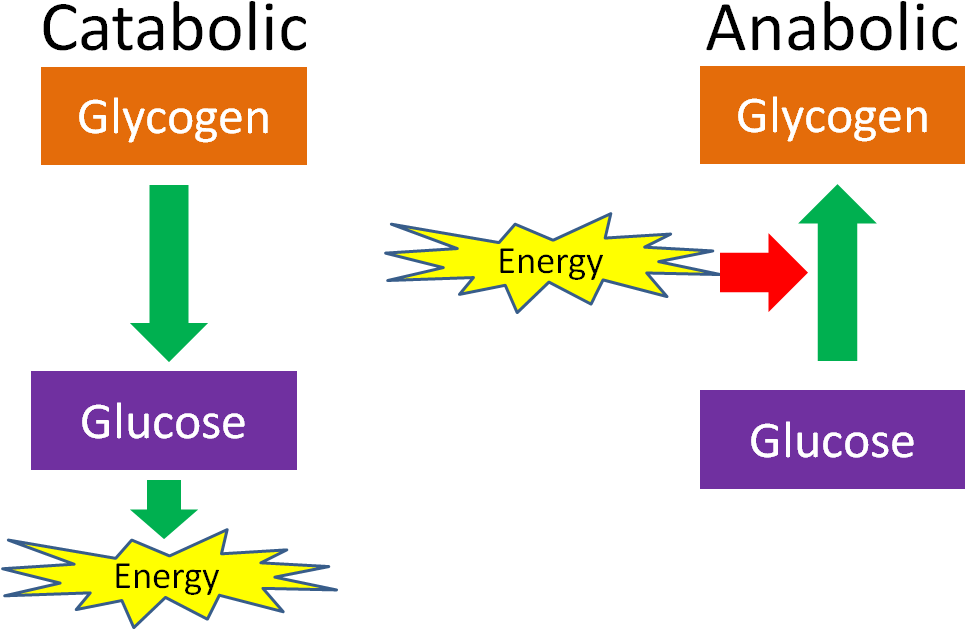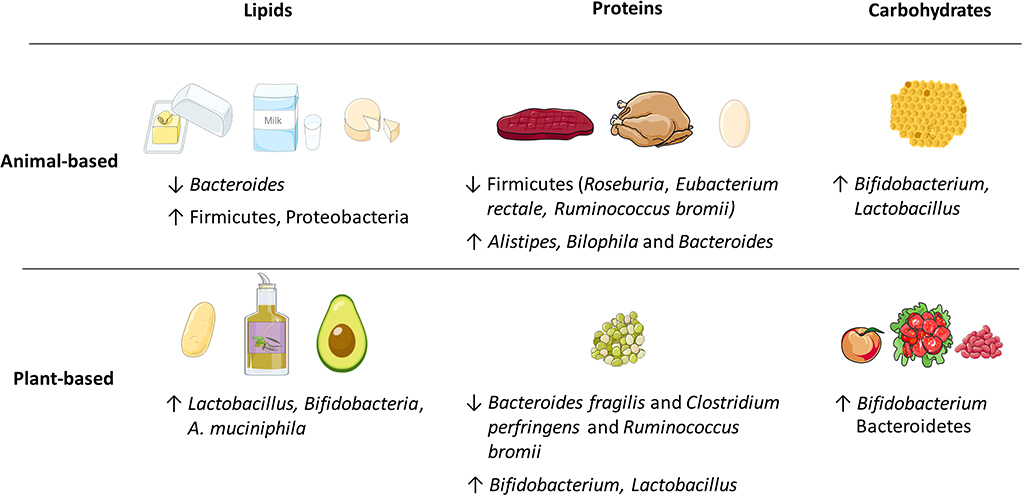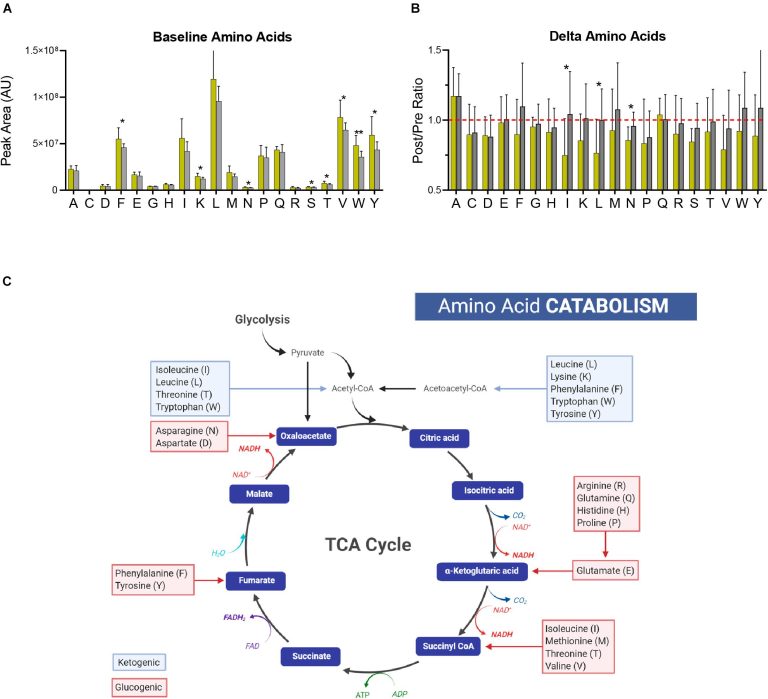“`html
Macronutrient Balance for Cyclists: Unlocking Peak Performance
Introduction
Cycling offers not only a thrilling outdoor experience but also a robust physical challenge, pushing both endurance and speed limits. However, achieving optimal cycling performance hinges significantly on macronutrient balance for cyclists. This is not about overwhelming yourself with endless diets or supplements, but rather understanding how the right proportion of carbohydrates, proteins, and fats can naturally boost energy levels, enhance endurance cycling capacity, and aid muscle recovery. Whether you’re tackling steep mountain paths or cruising through countryside roads, recognizing the optimal cycling performance metrics and even basic bike maintenance tips can be elevated by focusing on macronutrients.

Best Nutrition Practices for Cyclists
The importance of maintaining a macronutrient balance for cyclists cannot be understated, especially when preparing for long rides or competitive events. Key components include:
Carbohydrate Intake
Carbohydrates serve as the primary fuel source for cyclists, crucial for maintaining glycogen stores that power muscles through those last grueling miles. Dietary planning should account for high-carb days leading up to crucial rides. Past studies show a significant boost in cycling performance when athletes prioritize adequate carbohydrate intake before events, underscoring its vital role in energy management.
Protein Intake
Protein is essential for muscle recovery and repair. While carbs fuel the ride, proteins rebuild the muscles afterward, preparing them for the next challenge. Cyclists should target an adequate protein intake, adjusting their protein-carbohydrate ratio based on their training intensity and personal recovery needs.
Fat Intake
Fat intake provides long-lasting energy, critical during long endurance cycling efforts. For those focusing on low-carb cycling, strategic fat adaptation can promote metabolic efficiency, allowing the body to utilize fat as a primary energy source under certain conditions. This dietary adjustment can be beneficial for those looking to optimize calorie distribution across macronutrients.
Nutrient Timing and Personalized Nutrition
Optimizing cycling performance goes beyond knowing what to eat; it’s also about when to eat. Nutrient timing plays a pivotal role, from pre-ride fueling strategies to post-ride recovery meals. Consulting with sports dietitians can tailor a personalized nutrition plan, ensuring the right nutrients are consumed at the right time.
Pre-Ride Fueling
This involves consuming easily digestible carbs and proteins to top up glycogen stores before hitting the road. It sets the stage for improved endurance and energy levels right from the start.
Post-Ride Recovery
Post-ride recovery focuses on replenishing glycogen stores and providing proteins for muscle repair. Timing is crucial here—consuming the right mix of nutrients within 30 to 60 minutes post-ride can greatly enhance recovery efforts.
Training Techniques and Their Nutritional Needs
Different training techniques require specific nutritional approaches:
Power-Based Training
This intense cycling method demands a high protein intake to support muscle development and recovery. Paired with power meter data, cyclists can fine-tune their diet to support maximal effort outputs.
Interval Training for Cycling
Interval training focuses on alternating bursts of high intensity with rest periods. Such a regimen increases VO2 max improvements and should be supported by sufficient caloric intake that matches the session’s demands.
Combining Macronutrients: The Synergy Effect
For comprehensive performance optimization, a blend of macronutrients is crucial. Macronutrient balance creates a synergistic effect that not only improves cycling performance but also enhances overall health. The integration of amino acids and micronutrient synergy further helps to streamline biological processes, ensuring the body operates at peak condition.
Hydration Strategies
While macronutrient balance is critical, hydration remains essential for any cyclist. Hydration strategies involve consuming the right fluids and electrolytes to prevent dehydration and maintain balance. Studies suggest that cyclists should aim for a personalized hydration plan adjusted according to ride duration and climate conditions.
Advanced Techniques and Anecdotes
Cyclists who adopt advanced dietary techniques often see remarkable changes. Consider the story of Jane, an amateur cyclist who turned to fat adaptation and saw significant improvements in her stamina during long rides. Her journey exemplifies how macronutrient balance can bring to life not just the body but also a renewed cycling passion.
Meal Planning for Cyclists
Effective meal planning balances macronutrient needs with training goals. A balanced diet doesn’t just mean rigid dieting but accommodating tailored calorie distribution that fits an individual’s needs. Meals should include varied ingredients to maintain balance and avoid monotony, contributing to adherence and success in dietary plans.
Cycling Gear and Nutritional Support
Your cycling experience also ties back to choosing the right gear and understanding its nutritional impact. From lightweight helmets and aerodynamic suits to bike maintenance adjustments, gear choices can influence nutritional requirements, especially as energy demands shift with technical advancement in gear.

Conclusion
Understanding and implementing a smart macronutrient balance for cyclists can greatly influence overall cycling performance. From optimizing energy levels and endurance training to enhancing recovery and improving cycling techniques, thoughtful dietary planning becomes indispensable. Adhering to nutrition guidelines ensures not only better health but an elevated cycling experience. So hit the road with renewed vigor, experiment with these strategies, and unlock your true cycling potential.
FAQs
What is the ideal macronutrient split for cyclists?
An ideal macronutrient ratio depends on the individual’s personal goals, training intensity, and body type. However, general recommendations suggest around 55-65% carbohydrates, 15-20% protein, and 20-30% fats.
How can I maintain energy levels during long rides?
Ensure your diet consists of sufficient carbohydrates to maintain glycogen stores and include some fats for prolonged energy. Staying hydrated and consuming electrolytes also helps maintain energy levels.
Are sports supplements necessary for cyclists?
While sports supplements can help in meeting nutritional needs, they’re not always necessary if you’re getting balanced nutrients from your diet. Supplements can be useful for missing nutrients or when increased training demands pose challenges.
What role do micronutrients play in cycling performance?
Micronutrients, while required in smaller amounts, are vital for energy production and muscle contraction. They support various bodily functions necessary for endurance cycling and overall well-being.
Is low-carb cycling beneficial for all cyclists?
Low-carb cycling might benefit some athletes in enhancing fat oxidation and metabolic efficiency. However, it may not be suitable for everyone and should be tailored according to personal health and performance goals.
“`






